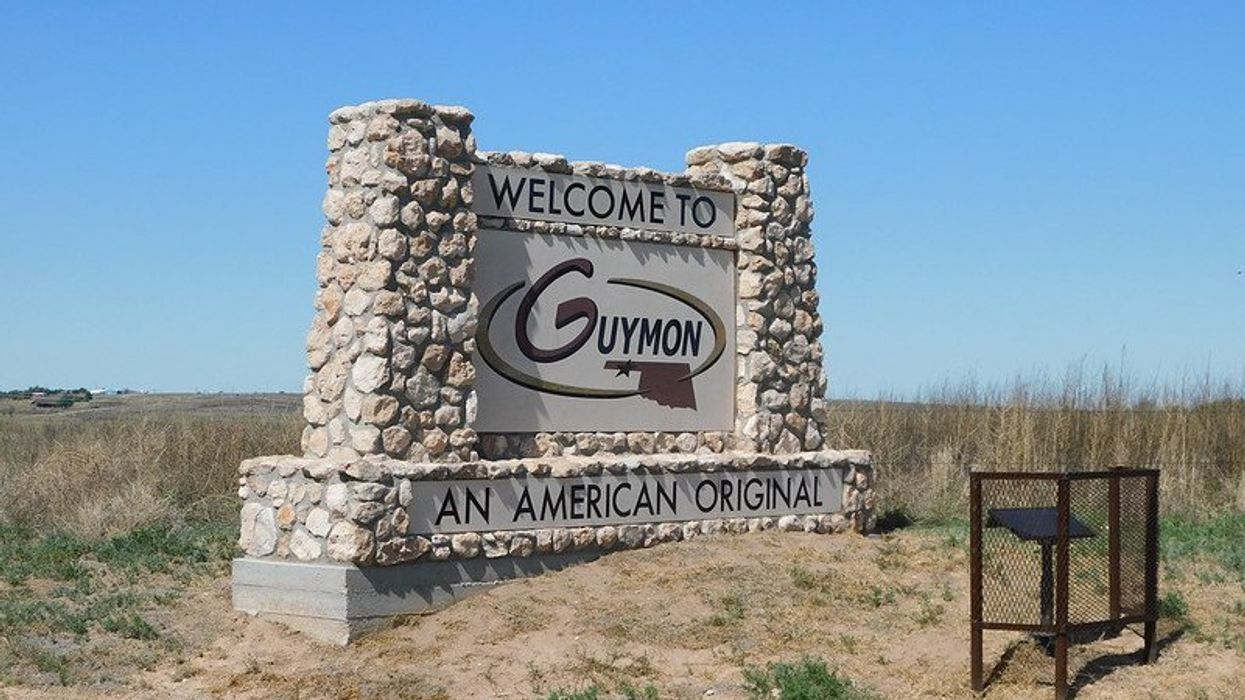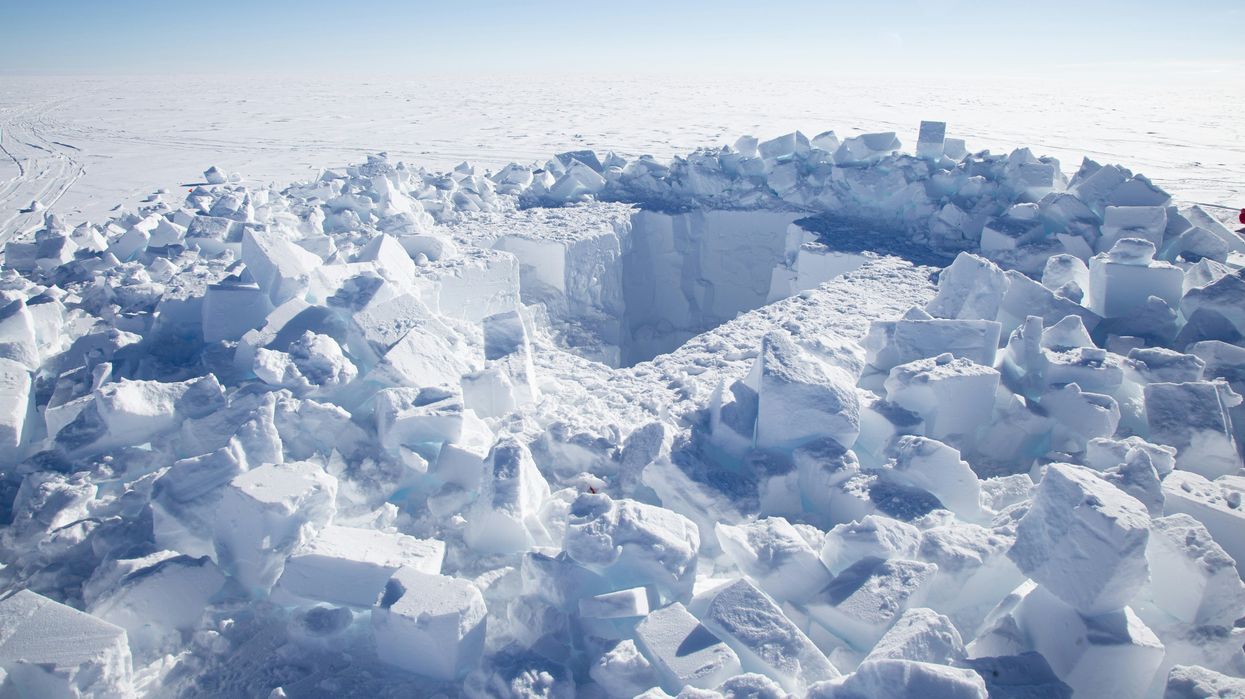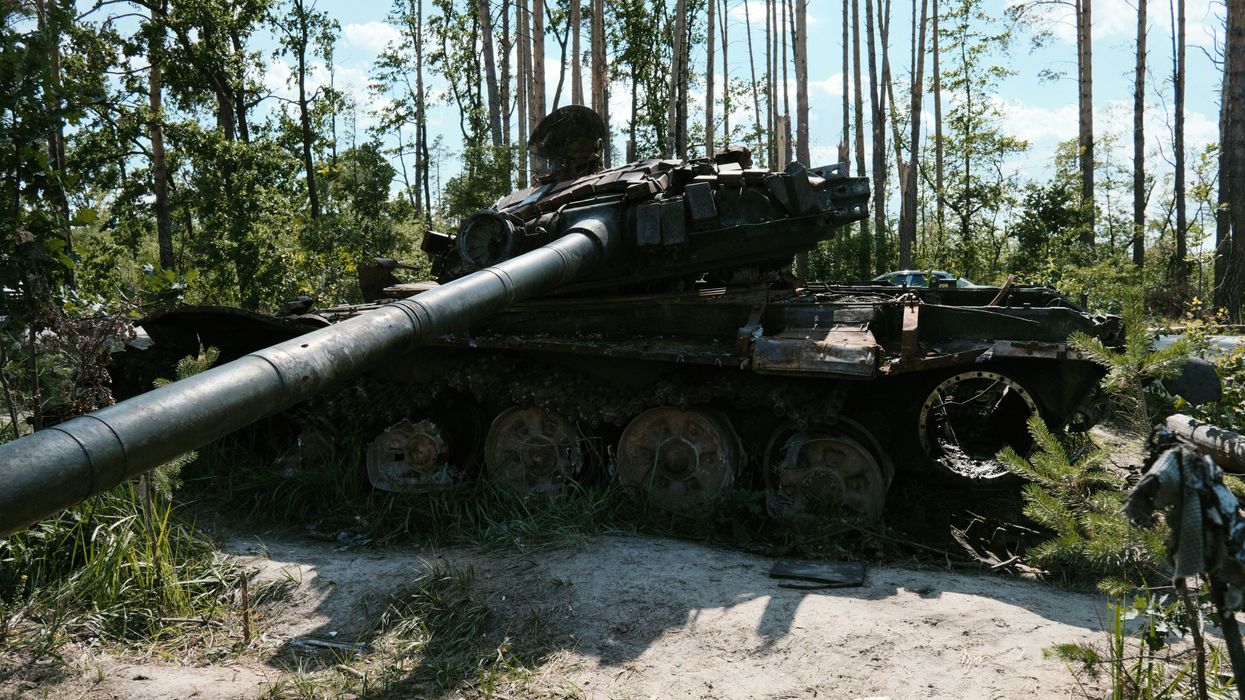Researcher Denise Moreno-Ramirez utilizes oral histories to deepen environmental science research, highlighting community impacts from neglected toxic sites.
Emma Peterson reports for Inside Climate News.
In short:
- Denise Moreno-Ramírez, growing up in Nogales, Arizona, faced unrecognized health crises in her community, linked to historical contamination.
- Her PhD project, "Voices Unheard," collected firsthand accounts from locals, enhancing scientific data with personal stories and emphasizing overlooked community histories.
- This approach reclaims the value of oral histories in scientific research, countering the trend of depersonalized data analysis.
Key quote:
“The answer isn’t just in science. It’s in people.”
— Rib Davis, Chief of the Oral History Society.
Why this matters:
Understanding environmental health impacts through community stories adds human context to scientific data, promoting informed policy decisions. Inclusivity in scientific research has the potential to shape healthier futures for marginalized communities.
Read Moreno-Ramírez's essay for our Agents of Change program, A love note to brown women facing beauty injustices.

















